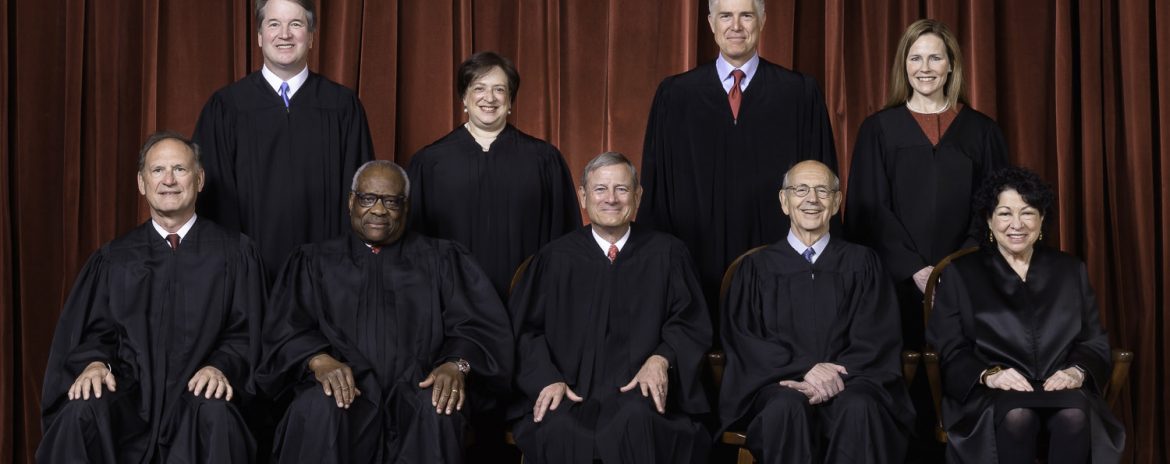Allowing governments to generally ban private assembly in response to public health crises opens a Pandora’s Box of novel usurpations that have never before plagued the human race. To Amicus’s knowledge, until 21st century technology made doing so possible, no government had ever presumed to issue a general ban of indefinite duration on private face-to-face human social interaction outside of a prison or slave camp, and sparingly even there.
Brief of Ilya Feoktistov as Amicus Curiae in Support of Petitioners at 1-2, Desrosiers et al. v. Baker, No. 20-1569 (docketed May 12, 2021).
On May 12, 2021 a diverse group of businesses, non-profits, and individuals asked the United States Supreme Court to overrule the Massachusetts high court’s holding in their case that “virtual assembly” via the internet is just as good as the real thing, as far as the U.S. Constitution was concerned. The group of plaintiffs, comprising North End Italian restaurants, churches, beauty spas, a Christian school, a boxing gym, a conference center, a family entertainment complex, and the people who assembled at these places challenged lockdown orders issued by the state’s governor during the COVID-19 pandemic. These orders, among the most draconian in the nation, selectively banned some disfavored categories of purely private assembly within privately-owned businesses and residences throughout the state. I wrote about the MA Supreme Judicial Court’s opinion, Desrosiers v. Governor, 486 Mass. 369 (2020), in the American Thinker on December 23, 2020, a couple of weeks after the opinion had issued.
The plaintiffs in the case are represented by the New Civil Liberties Alliance (NCLA), an excellent and, especially nowadays, indispensable public interest law group that operates within the ideological blind spots of establishment civil liberties organizations. After some discussions with counsel at the group, I decided to file an amicus curiae brief in support of the Desrosiers plaintiffs, which can be read and downloaded below, or through the Supreme Court’s website. The Supreme Court will consider whether to grant the petition to hear the case on September 27, 2021. Stay tuned.
